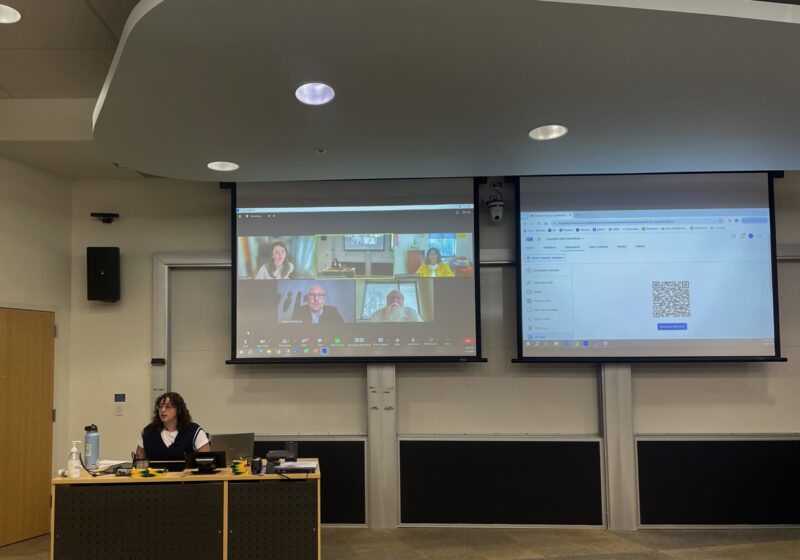Dear faculty, student, and staff colleagues:
Since the public disclosure of the Equal Employment Opportunity Commission complaint against the University in September, the Faculty Senate has acted in a spirit of collaboration to advocate for needed changes to be made in the University’s policies and procedures.
We supported the creation of the Commission on Women and Gender Equity in Academia and advocated for it to be led by a faculty member and a student. We have established common cause with the University president and the provost to enable faculty participation in many of the committees of the Board of Trustees. We have recommended specific policy changes to the Board of Trustees’ special committee formed to oversee the independent investigation led by Mary Jo White. White’s report will be released by Jan. 12. The Commission is developing recommendations for improving processes for cases of harassment and sexual misconduct to be delivered in the spring, and these should inform a comprehensive revision of University policies.
However, victims of harassment and sexual misconduct at the University still feel vulnerable, and the University has not yet revised its policies. We have urged the administration to:
- Increase protections for victims alleging harassment or sexual misconduct. Complainants must be given the right to be accompanied by independent advisors. Complainants must not be subject to retaliation or intimidation. Allegations of retaliation or intimidation against complainants will be investigated by a select committee of representatives from faculty, staff, and students. (The process could be modeled on the Faculty Handbook process articulated in the case of “serious threats to tenure.”) Until permanent processes for handling complaints of retaliation or intimidation based on the Commission’s recommendations are implemented, the outcomes of all such investigations must be reported to the University president and the Board of Trustees.
- Document complaints and actions: Complainants must be informed about any sanctions or recommendations that result from investigations of their complaints, in detail, beyond simple “culpable” or “not culpable” decisions. A summary of allegations of harassment or sexual misconduct and decisions made about the allegations must be reported to trustees, faculty, staff, and students. Complainants must also be informed about how their complaints are characterized in this reporting, and must be able to appeal what they believe to be improper categorization.
- Identify patterns: The University must identify patterns of repeated harassing behavior or sexual misconduct. Complaints found to be credible by a less stringent standard than that required for termination of employment or expulsion from the University must be recorded in the respondent’s personnel file or student record, and be available to investigations of subsequent complaints.
The administration has failed to implement as interim measures this basic collection of practices found at other universities. This inaction has damaged the University’s climate and reputation. Therefore, we conclude that, going forward, the University policies to address harassment and sexual misconduct should not assign authority to the administration without broad-based oversight from faculty, staff and students.






